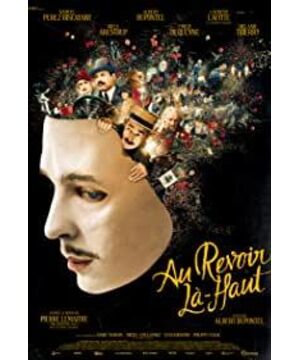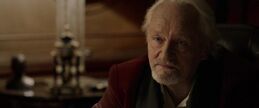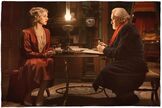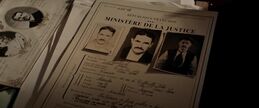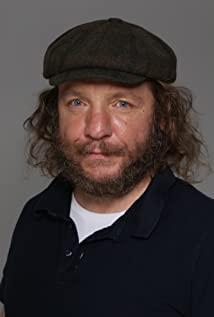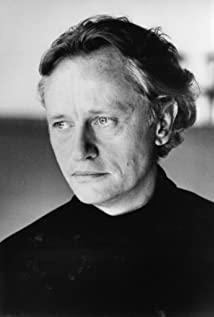In fact, the direct perception is similar to the great Gatsby. They are all gorgeously packaged with tragedy, but this film places the background under the war. It can be said that to a certain extent, it uses the opposite effect to amplify the influence of the war. Very clever handling.
At the same time, the film's handling of details has its own advantages and disadvantages. First, for Édouard's final decision, there are two shots that have clearly answered it; secondly, for Maillard's love, the actor's performance has also laid a foreshadowing. It can be said that the whole film is not wasteful, and the front and back echoes are sufficient. But correspondingly, this film is too full compared to Gatsby, and I doubt whether the director wants to put all the plots in the book on the screen. There is no end to the nest, and there should be surplus and shortage in the war. There is no need to arrange the plot so tightly like a suspense and puzzle film, which leads to a hasty ending for the characters, which is quite a rush to work.
In addition, I like the description of the war in this film very much. After the short and powerful scenes, it immediately turns to the results and influences, and the cruelty of the war is even more reflected through the display of individual pain. After all, the war is initiated by people, and some people are involved. It is far more than the scene of blood and blood, but also a variety of rich emotions. It is these kinds of emotions that touch our hearts and enable us to have a deeper understanding of the sacrifice at that time, rather than being shocked for a while and then forgetting all about it.
View more about See You Up There reviews


